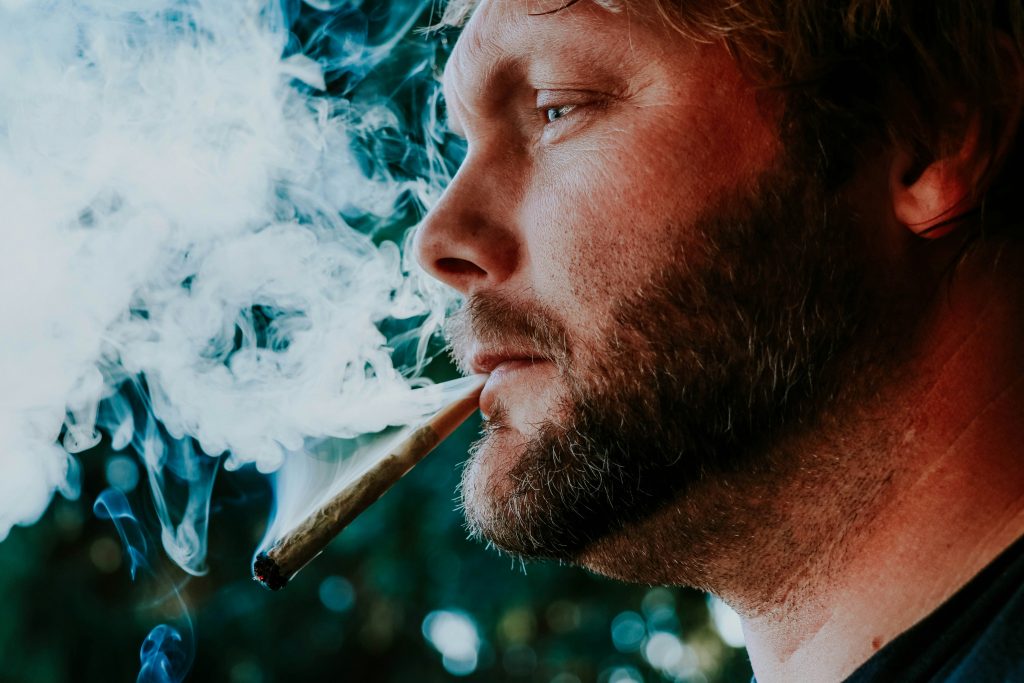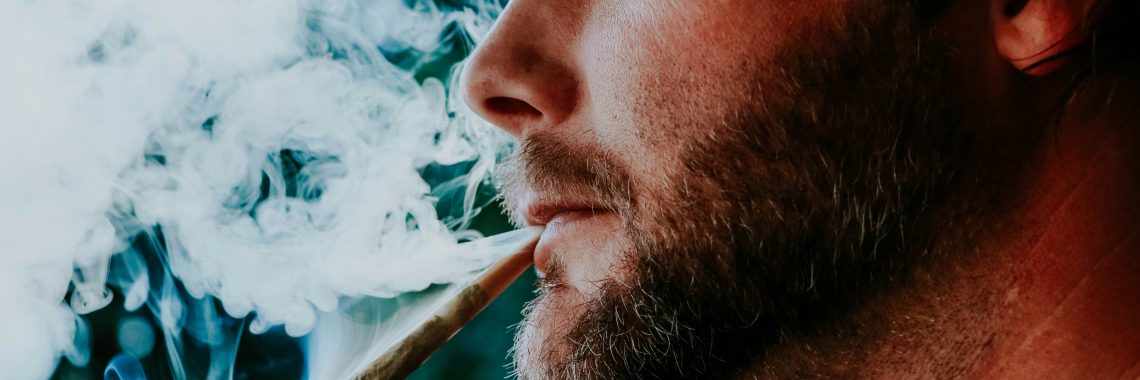Bill Filed to Permit “Medical” Marijuana Delivery in Arkansas

A new bill would let “medical” marijuana dispensaries deliver marijuana to patients and caregivers in Arkansas.
In 2016, Arkansas enacted an amendment permitting “medical” marijuana in the state. At the time, we said that people would use marijuana recreationally under the amendment — and there is evidence showing that is happening.
H.B. 1889 by Rep. Aaron Pilkington (R — Knoxville) and Sen. Joshua Bryant (R — Rogers) would let marijuana dispensaries in Arkansas deliver marijuana directly to patients and caregivers.
Under current law, marijuana is processed and delivered to dispensaries that are authorized to sell marijuana.
H.B. 1889 would let dispensaries use delivery vehicles to deliver marijuana to people rather than requiring people to come to the dispensary.
But the Arkansas Constitution already lets “designated caregivers” deliver marijuana to patients who are authorized to use it. That provision was written into the medical marijuana amendment to assist patients who can’t go to the dispensary.
Since designated caregivers are already able to deliver “medical” marijuana to patients, it isn’t clear what problem H.B. 1889 is intended to solve.
To put it simply, marijuana deliveries like the ones allowed under H.B. 1889 make it easier for “medical” marijuana to be moved to the black market or fall into the hands of people who are not authorized to use “medical” marijuana — including children. States around the country have continued to encounter serious problems with marijuana trafficked illegally on the black market. Despite some provisions in H.B. 1889, the bill simply does not provide the kind of oversight necessary to keep that from happening in Arkansas.
Articles appearing on this website are written with the aid of Family Council’s researchers and writers.
High Stakes, Low Standards: Hemp Edibles Fail the Test in Oregon

According to different news outlets, authorities in Oregon have determined most gummies and other edibles made from hemp contain high levels of THC.
THC is the main psychoactive drug found in marijuana.
In 2018, Congress passed the federal Agriculture Improvement Act legalizing industrial hemp — or cannabis — that is low in THC. The goal was to make it possible for farmers to grow cannabis plants for use in textiles like rope or cloth.
But manufacturers have found ways to extract and refine the little bit of THC in industrial hemp. Doing this on a commercial scale means they can produce a lot of THC to infuse into drinks, candies, e-cigarettes, and other products.
Marijuana is currently legal in California, but illicit marijuana continues to be a serious problem for the state.
The Oregon Liquor and Cannabis Commission recently tested 51 samples of industrial hemp flowers as part of the commission’s “Operation Clean Leaf” initiative. All 51 samples contained more THC than federal law allows.
Authorities also said the vast majority of hemp products were sold without proper age verification, and that some were tainted with pesticides.
All of this is deeply concerning, because lawmakers in Arkansas are currently considering multiple bills to legalize drinks and edibles containing drugs made from hemp.
H.B. 1722 by Rep. Jeremiah Moore (R — Clarendon) would repeal Act 629 and legalize THC made from hemp — including e-cigarettes, food, drinks, and other products containing THC.
H.B. 1722 would give wealthy companies a way to grow, manufacture, and sell dangerous drugs in Arkansas. The bill’s regulatory framework simply won’t protect kids from these drugs.
If H.B. 1722 passes, dangerous drugs made from cannabis will be fully legal for anyone over age 21 and available all over Arkansas.
And H.B. 1578 by Rep. Aaron Pilkington (R — Knoxville) would legalize drinks containing THC made from hemp in Arkansas.
In other states, non-alcoholic seltzer drinks with as much THC as recreational marijuana products have raised serious public health and safety concerns. H.B. 1578 would legalize these intoxicating, THC-infused drinks in Arkansas.
However, last week Sen. Dees and Rep. Gazaway filed S.B. 533 — a good bill that prohibits intoxicating hemp products that contain THC and other drugs.
S.B. 533 effectively stops THC and other drugs made from hemp from being put into food or drinks sold in the state.
The bill also helps make sure other hemp products like CBD oil and cosmetics do not contain dangerous drugs, and it requires these products to be tested for pesticides and other contaminants.
S.B. 533 has been assigned to the Senate Agriculture Committee, and the bill could be brought up for a vote as early as next week.
Articles appearing on this website are written with the aid of Family Council’s researchers and writers.



